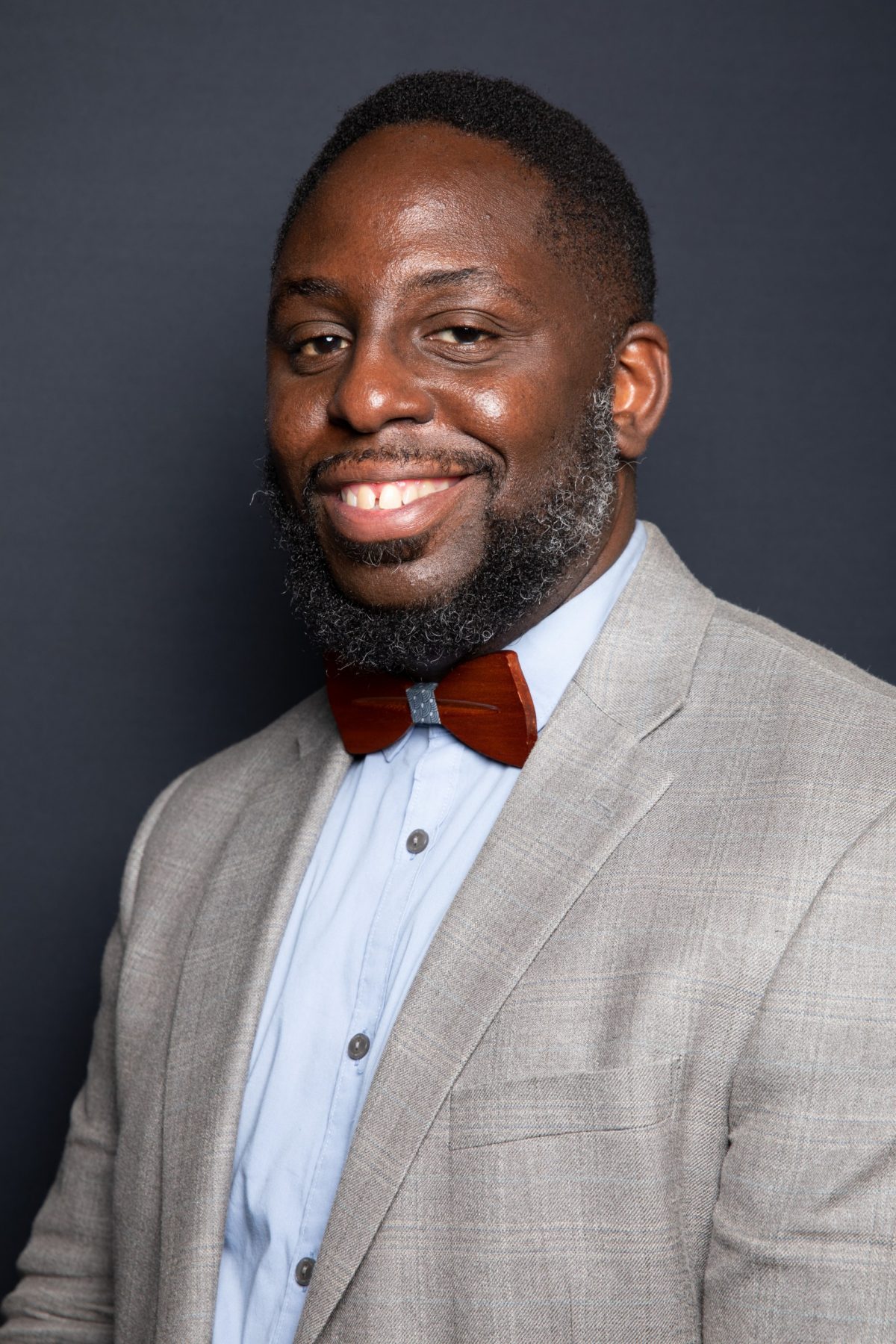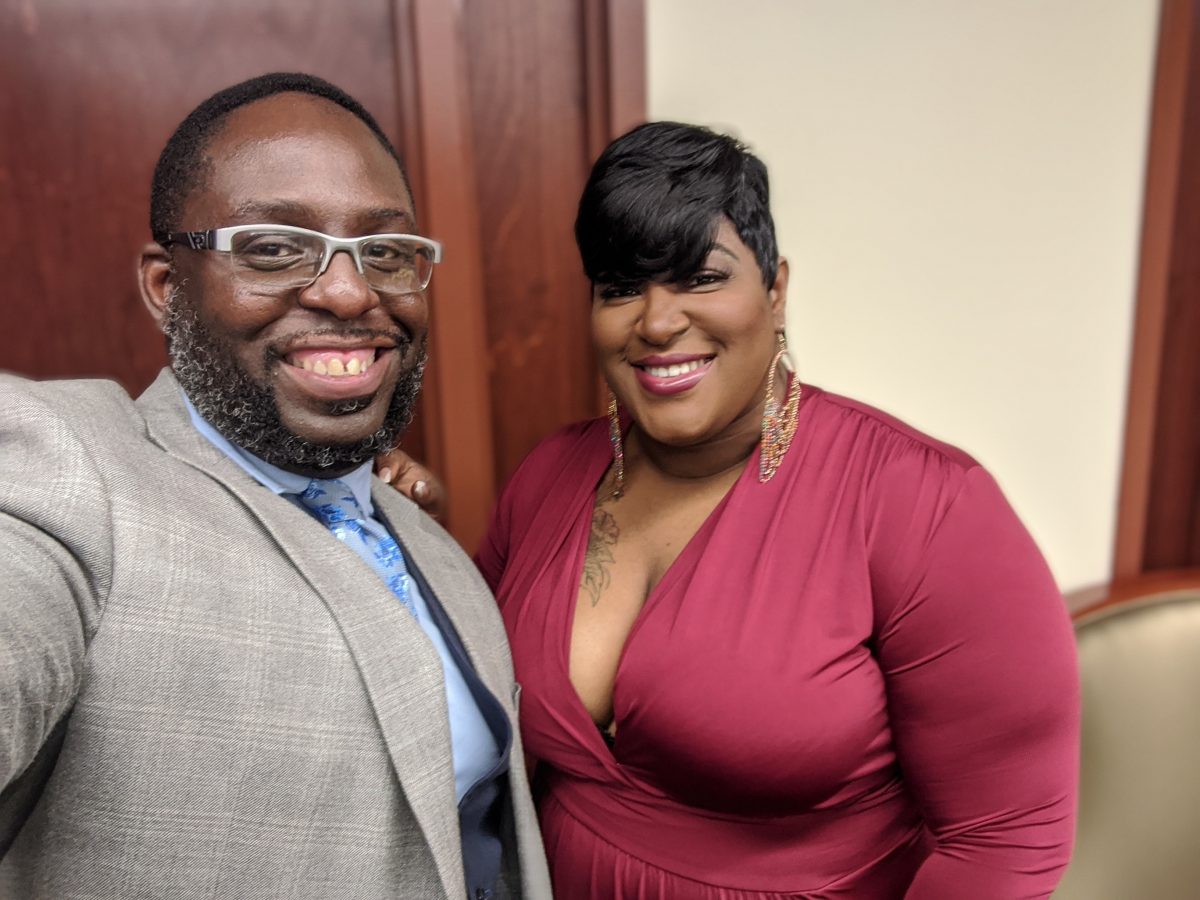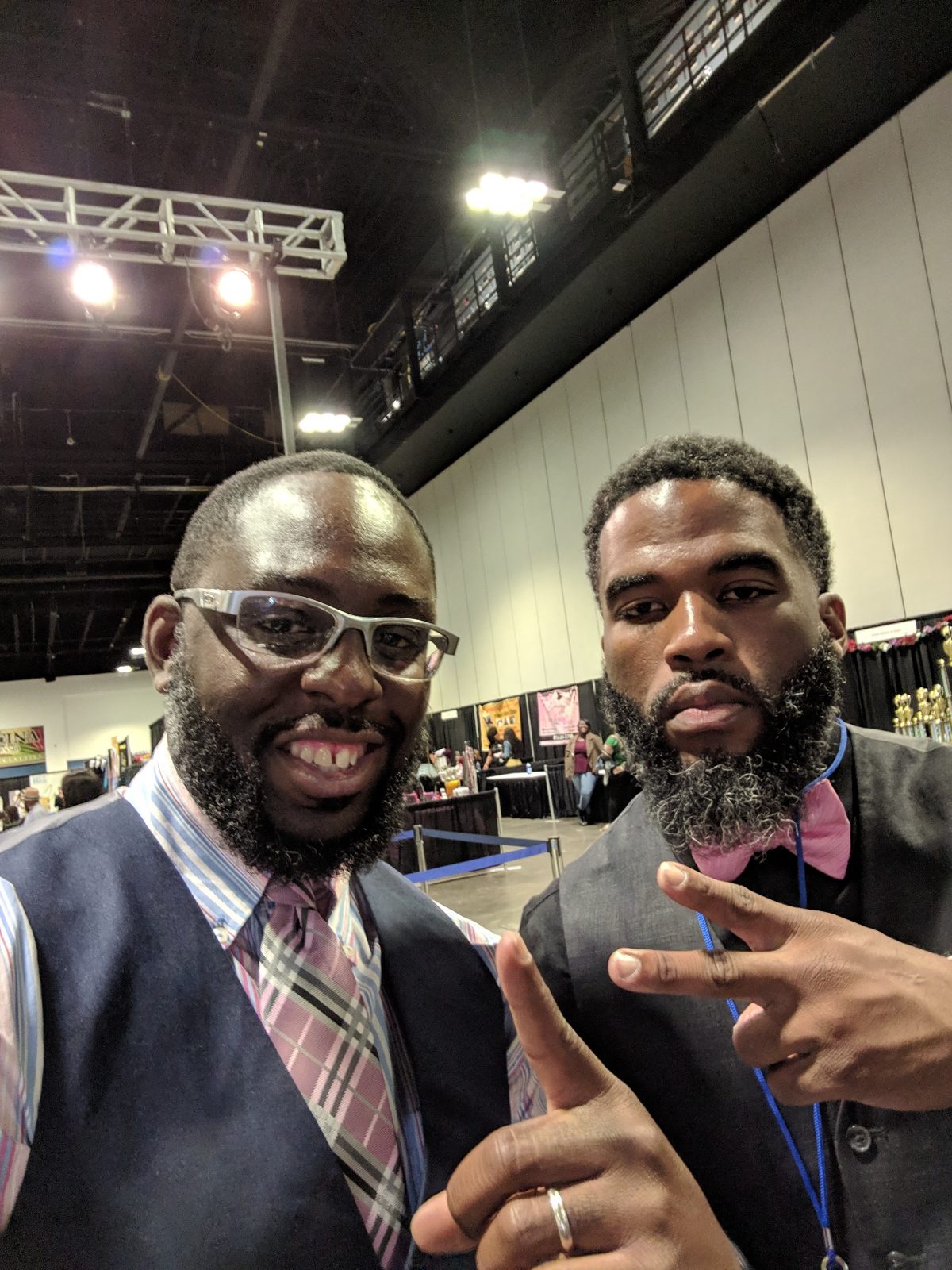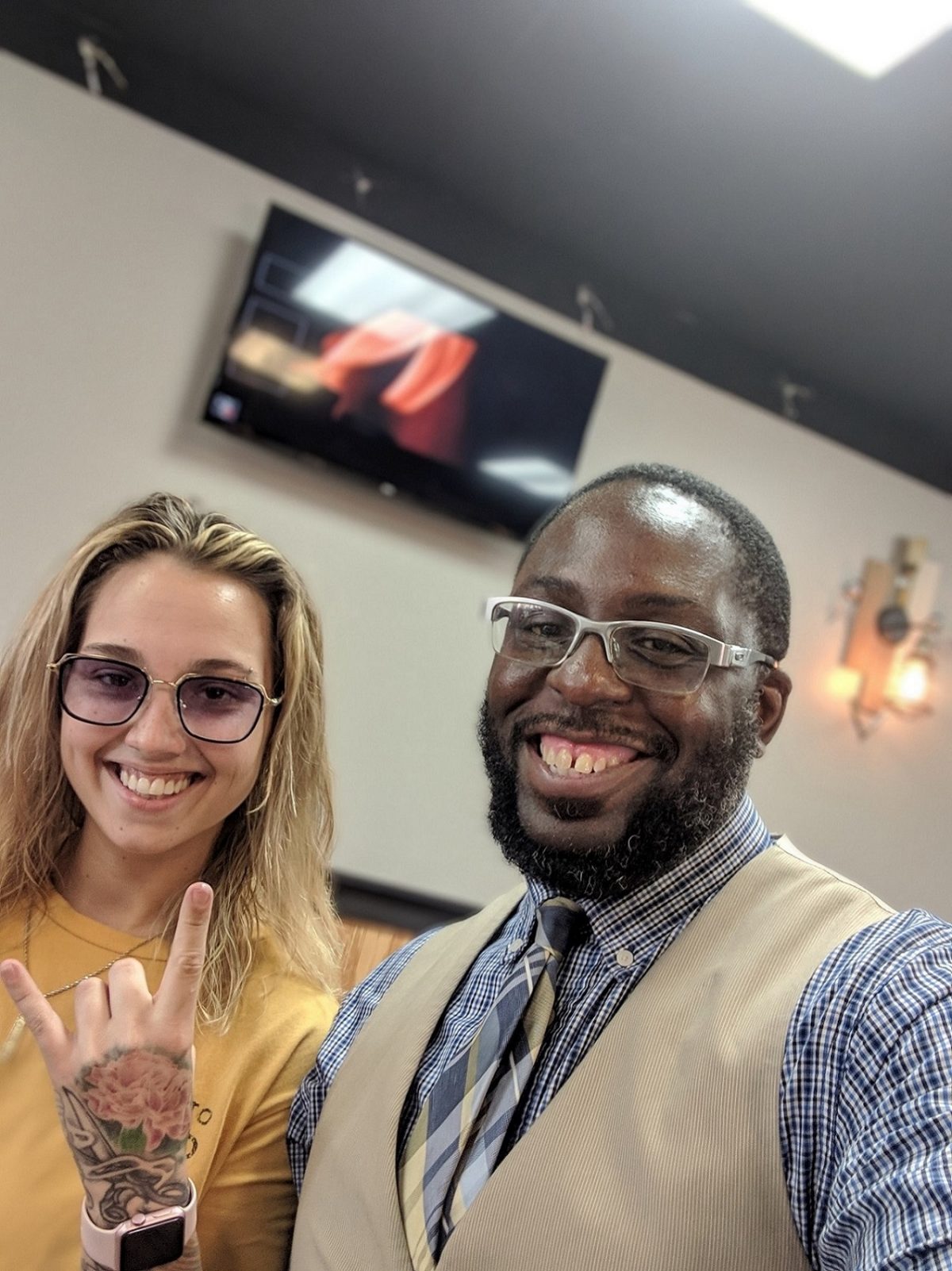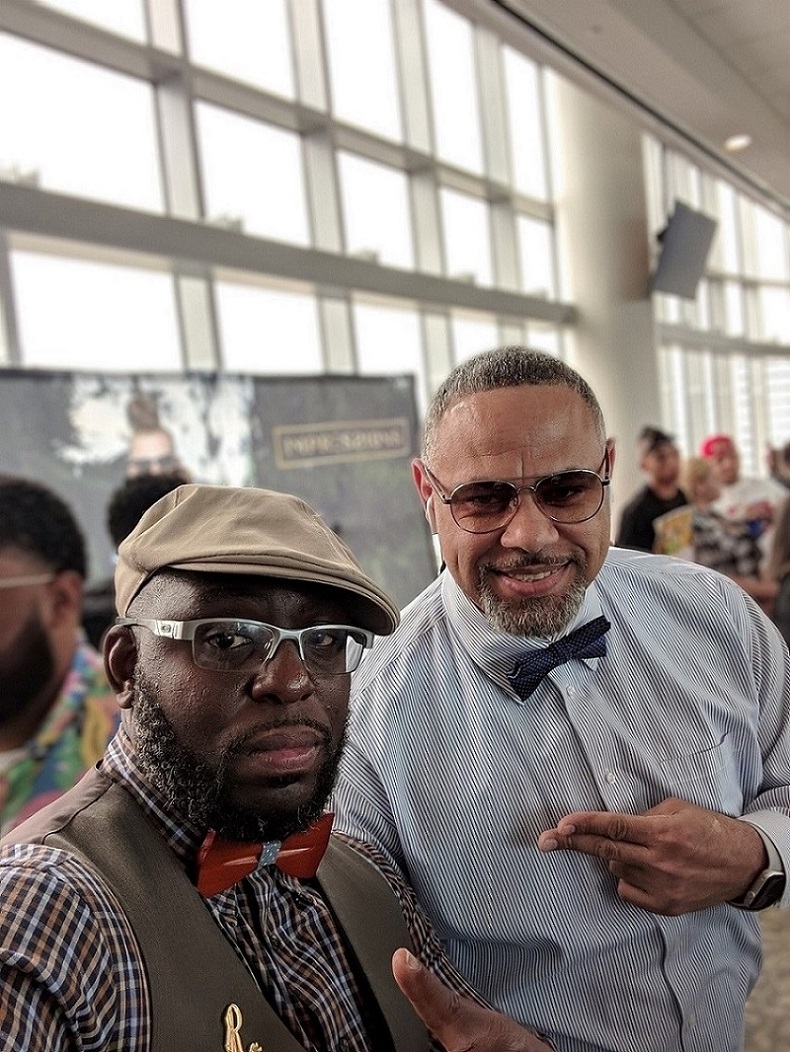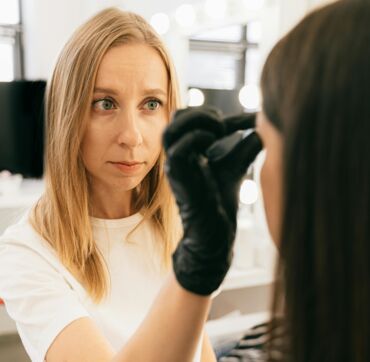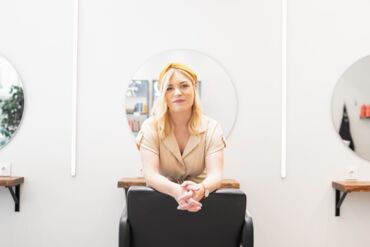Seven Financial Tips for Beauty and Wellness Professionals
- Booksy Education
- Business Tips
- Businesses/Owners
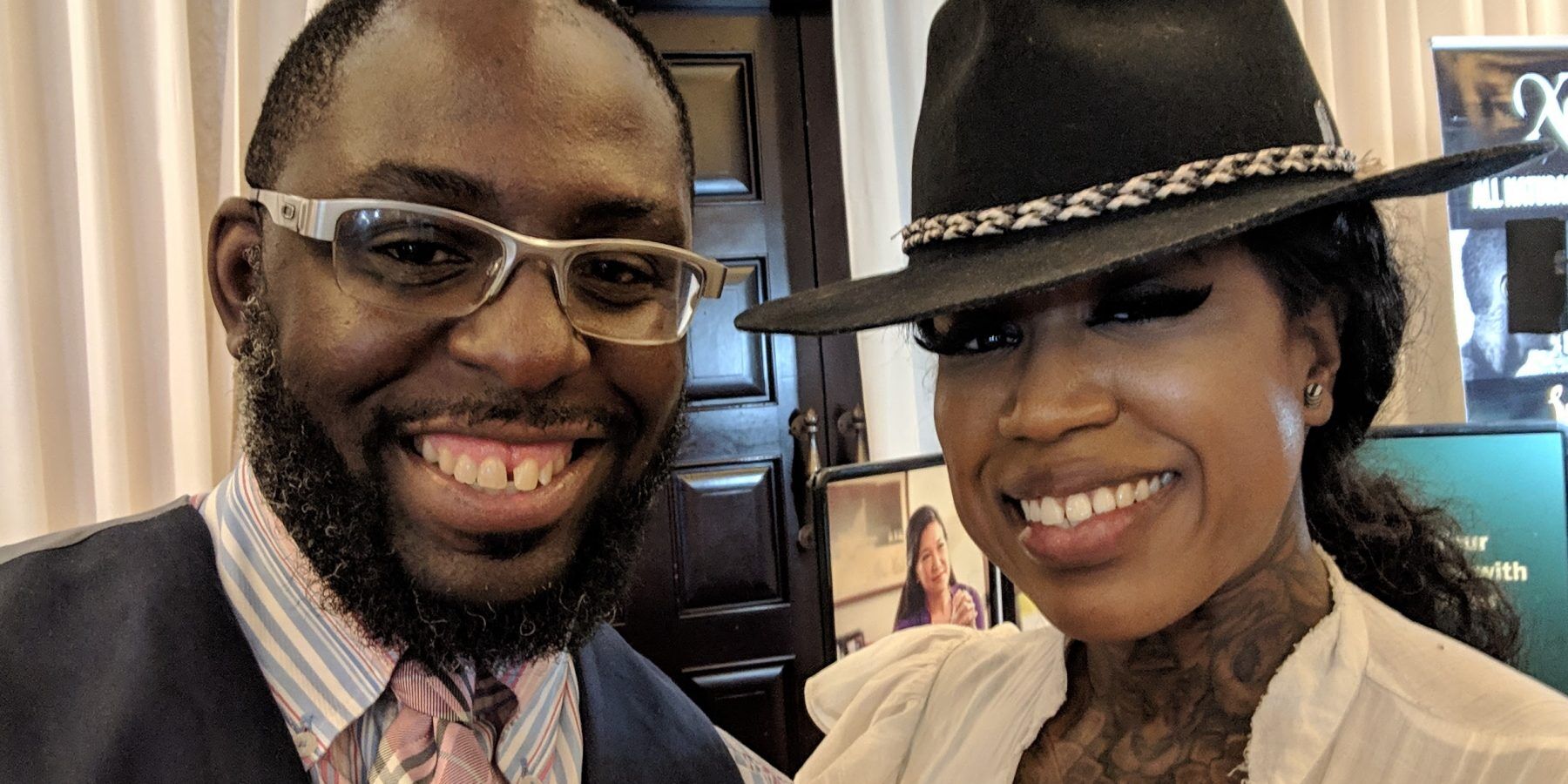
Seven Financial Tips for Beauty and Wellness Professionals
Running a successful business takes careful planning and a level of awareness that comes from applying the right financial tips. And that’s especially true for barbers, stylists, and wellness experts who act as their own boss.
To make sure our Booksy professionals are able to avoid common business pitfalls, we spoke with a financial advisor named Lee Oliver. For the past four years, he has been offering financial tips to small businesses owners, in particular barbers and stylists.
Lee has a Series 6 license, and he runs a business called Fundamentally Funded Prosperity that’s based in Tampa, Florida. The reason Lee works so closely with barbers and stylists is that he previously worked as an electrician. And during that time, he saw a real need for high level financial advice amongst tradesmen.
Read closely and learn from this dedicated professional, who is known throughout the Tampa Bay area for hosting financial literacy workshops, attending trade shows, and providing some the best financial advice that's specifically designed to help barbers and stylists.
Because of his dedication to small business owners, beauty professionals, and people of color, Lee is able to empower his clients with financial knowledge in a sincere attempt to foster generational wealth in communities, where it previously hasn’t existed. Learn more from Lee and take advantage of his tried and true financial advice.
Track Your Income
When it comes to financial tips, make sure you have a system in place that helps track your income. Industry professionals can make hundreds of dollars on a given day. So, it can be tough for them to keep up with exactly how much money they actually make, said Lee.
“One of the biggest problems is that most barbers and stylists don’t know how much they actually make. So, the first question that I ask them is how do you track your income? Usually the answer is, well, I know I make around this much. So, I then ask them to show me how they track their income. And they say, I don’t really have a system,” said Lee.
From there Lee advises them to get a system. Specifically, he recommends using Booksy, since our software helps professionals accept payments and keep track of transactions.
“Booksy is a great tool for people who are beginning to learn about their finances, because now they can track their income. As long as they know how many customers are in their books—they can keep a tight rein on what alludes most barbers and stylists, which is their exact income,” he said.
Always Pay Yourself First
Lee said that the first step is making sure you have a system, so you know how much income is coming in. And then, step two involves putting money aside for your investments, before first you start to spend your income, said Lee.
Pay yourself first is a reverse budgeting strategy, where a professional can build their spending plan around savings goals. So, instead of focusing on fixed and variable expenses, this prioritizes savings. But it doesn’t detract from necessary expenses like housing, utilities, and insurance.
“This strategy can help get any barber or stylist on the path to being more financially prudent. Paying yourself first is just a basic financial principle. But it really works. More specifically, when it comes down to barbers and stylists, when they don’t pay themselves first, they don’t have any money left over for savings and investments,” he said.
Investing is Not About a Golden Ticket
Another important financial tip is to remember that investing isn’t about finding a golden ticket. Although Lee admits that some people learned about investing in Tesla vehicles, when the stock was first made available. Others may have invested in Apple stock, when Macintosh first invented the Ipod. But for the vast majority of people it doesn’t happen that way.
With a lot of the people who made gobs of money on different things—there happened to be a little bit of luck. And they probably had a little bit of insight into that industry that blew up. So, they were able to get in. But for everyone else, investing is more about creating a strategy over a defined period of time, said Lee.
“So, nobody is going to kind of find the golden ticket per se of what’s the next best thing. That doesn’t mean that you shouldn’t still strive to know more, do more, and learn more. But when you’re talking about long-term investments and you’re planning for retirement, you shouldn’t bank your entire future on maybe hitting that one lucky thing that’s going to shoot you to the moon,” he said.
Understand the Importance of Budgeting
When it comes to financial tips, it’s important to remember that budgeting is everything, said Lee. Budgeting can mean the difference between a professional being able to scale up their income versus being stuck in the same place and unable to take advantage of opportunities.
Lee elaborated that budgeting can mean putting money aside to go to trade shows on a quarterly basis. It can also mean allocating money for new equipment. Either way, budgeting is what lets a professional attend tradeshows and buy new equipment and not miss a beat.
“When I know that I have a set amount of operating expenses per month and they’re already budgeted for that frees me up to have growth in other areas and do other things. So, I know that when I budget, I can allow myself to have the freedom to grow. If I don’t budget, I will always be struggling because I don’t have money set aside for my growth,” he said.
Set Aside Emergency Funds
When it comes to allocating money for growth, it’s also important to remember to take care of the things that we have. And one aspect of budgeting that many people fail to grasp involves emergency funds savings, said Lee.
He elaborated stating that setting aside emergency funds is one of the reasons that some barbers and stylists fared better when the pandemic hit. Instead of being able to reopen their doors, some barbers and stylists had to permanently shut down their businesses. And others had to go work in another salon or another shop.
It’s necessary to save enough money, so your business can shut down for a month or two months. As a professional, you should have enough money set aside to stay afloat during difficult situations. But that takes a very conscious effort of putting money aside and thinking that far into the future, said Lee.
Check the Checkers
Another one of Lee’s more important financial tips involves being able to check the checkers. At some point, many barbers and stylists will need a professional to take care of their investment portfolio. But having a financial advisor isn't an excuse to be ignorant.
You might need to pay someone to do your accounting, who is a professional in the finance industry. They can get you deductions that you might not see. And they can show you all of the ends and outs of things that you might need to do. But that doesn’t absolve you of having a basic understanding of how accounting should work, he said.
"The worst case scenario would be that I’m paying somebody to give me sound financial advice, but I don’t have enough knowledge to check them. And now, they’re embezzling money from me," said Lee. "Or they’re putting me in investments that don’t necessarily make financial sense. It might pay the person investing it a larger commission because of the kind of product it is. It could also mean the difference between having life insurance that doesn’t help you accomplish your goals versus life insurance that’s more affordable and allocating the money to other places."
Have Financial and Professional Awareness
Having awareness was the final yet one of the more important financial tips that Lee offered. When you’re talking about building your finances it’s necessary to have awareness, he said. Know where you are and know where you want to go. And remember that it takes awareness to move forward in this industry.
“When you’re just inside of your business and not actually working on your business, then it can become a rat race, where you are making good money but you have not prepared for growth and you don’t have an endgame in mind. It’s easy for someone to keep spinning their wheels in a circle and there might never be an end game for them,” he said.
Having awareness with your career and your finances could mean someone who knows they want to become a Booksy Ambassador, an educator, or someone who’s nationally recognized as a platform artist. Or it could be somebody who wants to work in their profession, because they love it so much. But they simply don’t want to do it until they are 90 years old, he said.
Lee Oliver is available at (813) 416-5292 and fundamentallyfundedprosperity@gmail.com. He is pictured with Brandi LaShay, Adriana Jenkins, Marcus Alexander, Kaylee"TooCold," and Pepe Mcneal.

